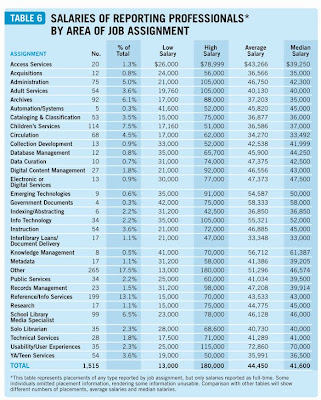His post was much more of an airing of grievances than a feat of strength, and then The Chronicle of Higher Education inexplicably sent out a tweet, since deleted, with the hashtag "librarianfestivus."
 |
| Thanks to The Stacks Cat for retweeting that before it was deleted, enabling me to screen capture it. |
infomercials for products repackaged and marketed as 'webinars.' my spam folder loves these. #librarianfestivus
— Dale Askey (@daskey) December 21, 2013
Only librarians could whine & bitch about a holiday that's about librarian whining & bitching. #librarianfestivus
— Matthew Ciszek (@mciszek) December 20, 2013
Confession: I can never remember what the G stands for anyway.
The acronym "GLAM" #librarianfestivus
— Myron G (@Bibliocracy) December 20, 2013
On vendor relations:
referring to even the most library-hostile vendors as 'partners,' when 'horrid codependent relationship' wld fit better #librarianfestivus
— Dale Askey (@daskey) December 21, 2013
I ranted about this earlier in the year and while I suspect the "Big Deal" is going to take some hits in the next year, I also think we librarians are going to be stuck with it.On why unpaid internships suck (tl:dr, they perpetuate inequality, are exploitative):
Don't complain about the lack of diversity in LIS if you support unpaid internships in LIS. #librarianfestivus
— Rebecca Giftman (@DerangeDescribe) December 20, 2013
And if you were wondering, "Is anyone really for diversity AND for unpaid labor?": http://t.co/9uNiQlJxKs + http://t.co/ef8mNCddk3 pg 4-5
— Rebecca Giftman (@DerangeDescribe) December 20, 2013
My Place of Work has a position titled "Library Intern." It's paid, as it should be.MLIS bashing
iSchools. #librarianfestivus
— Myron G (@Bibliocracy) December 20, 2013
LIS programs that accept more students than there are jobs #librarianfestivus
— D. Orange (@AnAnarchivist) December 20, 2013
And of course "the graph" made an appearance. |
| Via Liz Lieutenant |
On faculty passing the buck to libraries, giving up copyright...
No, the library will not pay $3,000 to make your article OA. #librarianfestivus
— Joshua Beatty (@beattyjf) December 20, 2013
"I don't use the library" says the prof while reading Nature on his laptop. #librarianfestivus
— Jen Ferguson (@__jasf) December 20, 2013
On the price of textbooks:
No I'm not going to buy your textbook for the library. You took the class. Buy the book. #librarianfestivus
— Kimberly Feher (@KSF1975) December 20, 2013
In 2014 I hope academic librarians work closely with faculty on open-access textbook options, and that more faculty write and unlock said texts. The wheels are already in motion here, thanks to the State Universities of New York, the University of California system, the University of Minnesota, and Rice University, among others.There's an article for that...
No more hand-wringing over every asshole who writes an anti-libraries/librarian article. #librarianfestivus
— Michelle (@winelibrarian) December 20, 2013
And of course the Think Tank was mentioned as well. Quote Andy:Honestly, if you can’t control your resident lunatics, please at least keep them within the confines of your posting area. When people in the position of hiring within the library start talking about membership in the group as being a liability on the resume, you might want to work on your image within the library world.Here's what I said to Hiring Librarians about ALA Think Tank, to be published by that site shortly (UPDATE on 1/3, here it is):
Membership in the ALA Think Tank Facebook group won't hurt a candidate in my eyes, but participation is another story. Ninety-five percent of what goes on in that group is fine by me, so if you use the group to "make it happen" and get ideas/feedback/discuss the issues of the day, that's great. But the remaining five percent gives me a great deal of pause. If your participation in ALA Think Tank includes making fun of South Asians, being sexist and using the group to create gendered spaces, subtweeting and bickering with your peers as if librarianship is junior high school, and generally acting like a "drunken embarrassment," then yes, participation in the group is going to hurt a candidate's chances with me.
 |
| via Twitter |
Happy New Year!
Cheers, Jake



.JPG)















.png)
.png)
.png)













